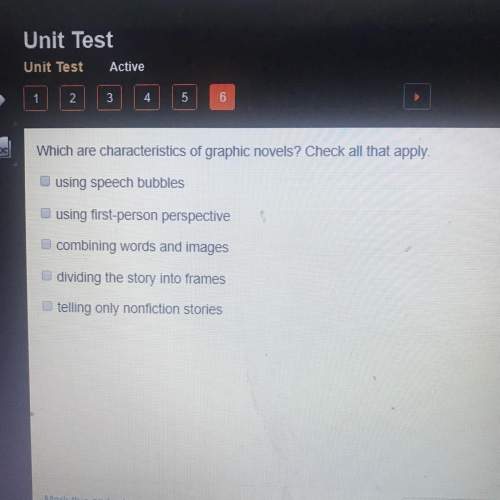By s. e. forman
1911
the match
there never was a time when the w...

English, 15.11.2019 21:31 smithmorgan773p35885
By s. e. forman
1911
the match
there never was a time when the world was without fire, but there was a time when men did not know how to kindle fire; and after they learned how to kindle one, it was a long, long time before they learned how to kindle one easily. in these days we can kindle a fire without any trouble, because we can easily get a match; but we must remember that the match is one of the most wonderful things in the world, and that it took men thousands of years to learn how to make one. let us learn the history of this familiar little object, the match.
fire was first given to man by nature itself. when a forest is set on fire by cinders from a neighboring volcano, or when a tree is set ablaze by a thunderbolt, we may say that nature strikes a match. in the early history of the world, nature had to kindle all the fires, for man by his own effort was unable to produce a spark. the first method, then, of getting fire for use was to light sticks of wood at a flame kindled by nature—by a volcano, perhaps, or by a stroke of lightning. these firebrands were carried to the home and used in kindling the fires there. the fire secured in this way was carefully guarded and was kept burning as long as possible. but the flame, however faithfully watched, would sometimes be extinguished. a sudden gust of wind or a sudden shower would put it out. then a new firebrand would have to be secured, and this often meant a long journey and a deal of trouble.
in 1827, john walker, a druggist in a small english town, tipped a splint with sulphur, chlorate of potash, and sulphid of antimony, and rubbed it on sandpaper, and it burst into flame. the druggist had discovered the first friction-chemical match, the kind we use to-day. it is called friction-chemical because it is made by mixing certain chemicals together and rubbing them. although walker's match did not require the bottle of acid, nevertheless it was not a good one. it could be lighted only by hard rubbing, and it sputtered and threw fire in all directions. in a few years, however, phosphorus was substituted on the tip for antimony, and the change worked wonders. the match could now be lighted with very little rubbing, and it was no longer necessary to have sandpaper upon which to rub it. it would ignite when rubbed on any dry surface, and there was no longer any sputtering. this was the phosphorus match, the match with which we are so familiar.
read this sentence from the text:
but the flame, however faithfully watched, would sometimes be extinguished.
how does this line show the problem with early fire?
it shows how dependable nature is.
it shows how people got fire.
it shows how long it took to create matches.
it shows the need for matches.

Answers: 1


Another question on English

English, 22.06.2019 00:00
Read the prompt. write an analytical essay explaining how three romantic poems connect to william wordsworth's ideas about poetry. based on this prompt, which ideas would be most appropriate for leaving the reader with something to think about? check all that apply. 1. a short list of other romantic poets who wrote during wordsworth's era. 2. a relevant fact about wordsworth that reinforces the essay's overall thesis. 3. a comment about which poem seems to best capture wordsworth's ideas. 4. a few important facts about wordsworth's life and accomplishments. 5. a relevant quotation by wordsworth that reflects his ideas about poetry.
Answers: 1

English, 22.06.2019 02:30
Select the correct answer. which groups fought in the trojan war? a. mycenaeans and minoans b. greeks and trojans c. minoans and greeks d. minoans, mycenaeans, and trojans
Answers: 1

English, 22.06.2019 09:00
Explain the historical and literary significance of mao zedong’s speech “serve the people.”
Answers: 1

English, 22.06.2019 09:30
Ineed an alliteration poem that is original(the quality does not matter). i will give brainliest.
Answers: 1
You know the right answer?
Questions




Mathematics, 25.01.2021 20:10


English, 25.01.2021 20:10




Mathematics, 25.01.2021 20:10



Chemistry, 25.01.2021 20:10

Health, 25.01.2021 20:10

Arts, 25.01.2021 20:10

Mathematics, 25.01.2021 20:10

English, 25.01.2021 20:10






